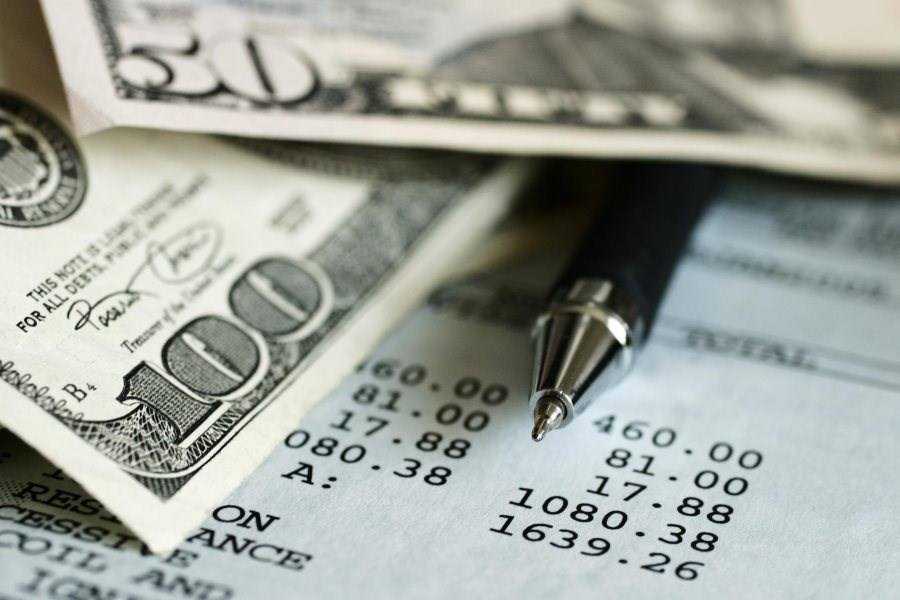Expense deductions for businesses can save you a boatload of money on income tax liability.
However, if the IRS ever audits you, it's imperative you are able to produce receipts to prove those expenses actually occurred. The IRS allows taxpayers to make certain deductions without receipts. The agency also allows paid bills and credit card records to act as proof of expenses.
Continue reading to learn more about the basics of expense receipts and the deductions you can make without receipts.
The Basics of Deductions Without Receipts
In almost all instances, you are not required to send receipts to the IRS when you file your taxes. Even so, you should still work to keep receipts or some type of documentation of the expenses you intend on claiming.
If you have paid a bill or expense in cash, a receipt is the only proof of the tax-deductible nature of the expense. In the event you are audited by the IRS, you will need these receipts to prevent serious penalties and additional payments. Although some business owners may not save their receipts, they quickly find this strategy to be costly and ineffective.
Expenses Associated with Your Vehicle
If you drive your vehicle for business, you may be eligible to write-off your business-related vehicle expenses. With vehicle expenses, you are not required to keep a continual log. Instead, the IRS provides a standard per-mile deduction, which is 55.5 cents.
In any case, you should keep a log of all business-related miles traveled and simply use the standard deduction on your income tax.
Meals for Travel-Related Expenses
If you have business-related food expenses, you may not be required to keep these receipts. As long as the expense is less than $75, you don't have to have the receipt. You should keep an expense log that indicates:
- Date of the meal
- Where you ate
- Who attended the meal
- How the meal relates to your business.
There is also a per-diem allowable expense based on the location of the trip. Consult with your Long Island tax accountant about how this allowance is interpreted in your location.
Demonstrating a Pattern
Another instance of when you may be able to get deductions without receipts is if you have enough receipts to demonstrate a specific spending pattern.
This practice may be able to be used to cover a few gaps. For instance, if you drive the same routes every day, you may not need to actually record each trip's mileage. You may be able to track it for the initial week of every month. Then, if your invoices and sales demonstrate you are dealing with the same customers for the remainder of the time, one week's worth of travel logs may be enough.
If you are planning demonstrating a pattern for expenses, you should speak to a qualified accountant experienced with this method of reporting.
Alternatives to Receipts
In today's digital world, most taxpayers and business owners utilize receipt alternatives.
Typically, credit card transaction records, canceled checks, and bills can act as proof of a business expense. Most business owners and business controllers in Long Island have access to these records online, and you may be able to access previous receipts for purchases made through the web.
The majority of websites keep an in depth customer account history, which is ideal for business owners who are not excellent record keepers. As a result, it's always a good practice to make online purchases because of the inherent paper trail.
What Is the Cohan Rule?
In a monumental tax case in 1930, the famous entertainer George Cohan battled the IRS in a court of law and defended a large number of his deductions without receipts. During the proceedings, Cohan recounted from his memory different entertainment events, business dinners, and several other events. With each situation, he provided estimated amounts.
The judge over the case ruled in favor of Cohan, which introduced the Cohan Rule. The Cohan Rule suggests if your evidence is a convincing personal testimony, then you may be off the hook. This process is exponentially more riskier than having the right paper trail because the IRS isn't easily convinced.
In reality, it's best to have sufficient documentation through an experienced bookkeeping firm in Long Island.
Circumstantial Evidence
It's virtually impossible to have proof for certain deductions. For instance, if you go on a business lunch, the IRS doesn't expect a tape recording of the conversation to verify it was about business. Although the Cohan Rule exists, it will be inherently more difficult to prove if you have no receipts.
The IRS is inherently more skeptical about entertainment expenses due to the tendency for abuse. Yet, if you have a recurring business dinner every week, you may have a better shot because of the circumstances of the meeting.
Keep Sufficient Records and Utilize a CPA
Unfortunately, the IRS isn't too keen on the explanation of "trust me" for tax deductions. If you are a sole proprietor or self-employed, you have right to write off certain business expenses.
However, utilizing deductions without receipts can be considered risky business. Instead of going at it alone, trust the experienced tax accounting professionals at Dennehy CPA in Long Island to ensure your bases are covered.
Contact Dennehy CPA in Long Island today for a free consultation.





